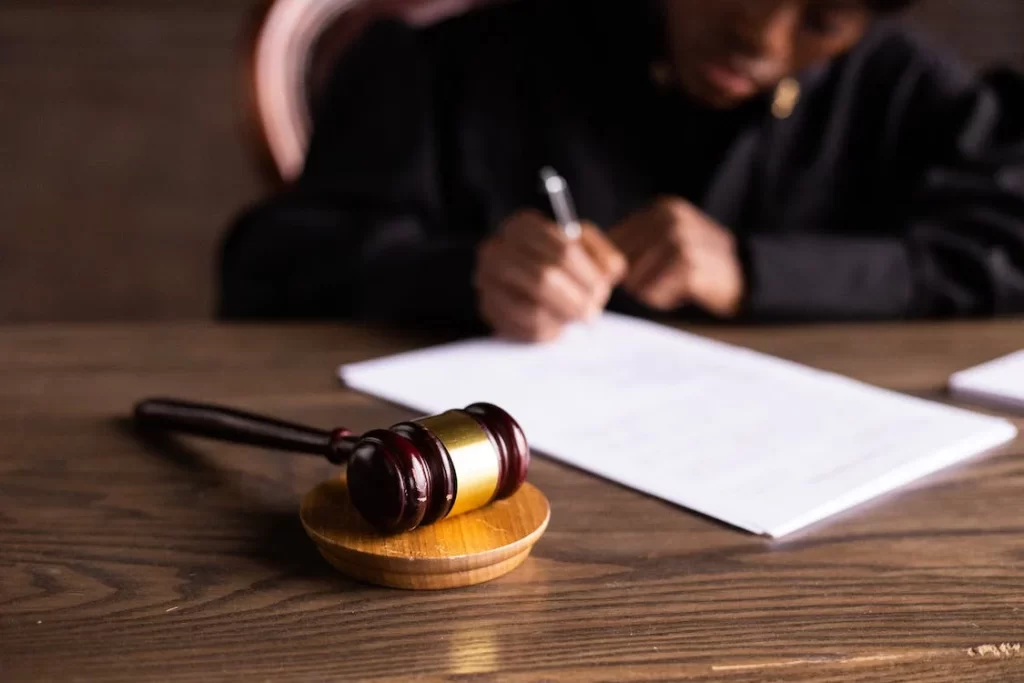Dealing with a loved one’s estate after they pass away can be difficult.
It’s not too complicated to do this, but you’ll probably need a grant of probate before you can take care of their money and property.
The process of selling an inherited property can be fraught with difficulties.
If you want to sell a house and aren’t sure if you need a probate grant, this guidance can help.
What is probate?
A grant of probate is the legal document that authorises you to be the executor of the assets of a deceased person. If you are named as the executor of someone’s estate in their will, you will receive this.
In the absence of a will, this document (also called a grant letter of administration) will appoint the closest relative to the deceased as the legal administrator of the estate. In either case, the procedure for obtaining this paperwork is known as probate.
When do you need probate to sell property?
If your loved one was the sole owner of the property left in their will, you will need a probate grant before you can sell it.
When probate is required, you can still put the house on the market and even accept an offer while you wait for the grant of probate.
Remember that the sale cannot be completed until probate is obtained.
It’s often a good idea to sell the house before obtaining probate, as this will provide you with a valuation, allowing you to plan for inheritance tax and other obligations.
There is some ambiguity regarding executors and contract exchange because, while technically possible without probate, it is not best practise.
If you don’t have probate before exchanging contracts, you add a high level of risk to the sale, which can put you behind when dealing with the aftermath of a loved one’s death.
Probate and joint ownership of property
The manner in which a house is owned will influence whether or not probate is required. If a house has joint tenants, neither will own a specific portion of it. If one of the owners passes away, ownership automatically passes to the other co-owner. Probate will not be required in this case.
Tenants in common, on the other hand, own a house with varying ownership percentages. If one of the owners dies, their share does not pass to the survivor. Their share is usually included in their will, so probate is likely required to deal with the house. If the deceased did not leave a will, the intestacy rules would apply.
Because of these rules, unmarried couples will not automatically inherit their partner’s assets. If the surviving partner does not apply for an inheritance, the deceased’s family will have a legal claim and will be the executor.
We recommend speaking with a probate and will services specialist before beginning the process of selling a property left to you by a loved one.


